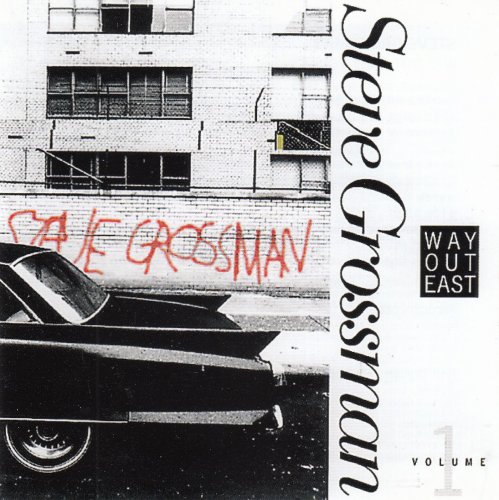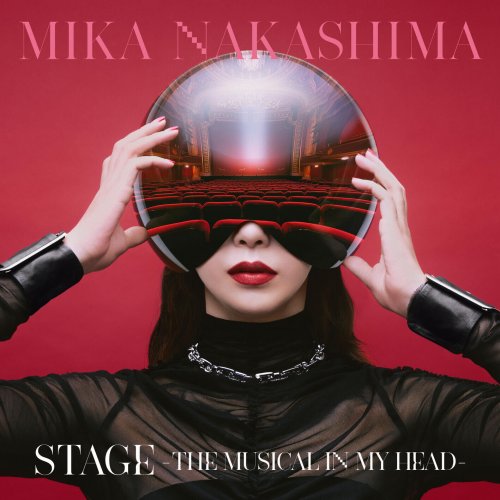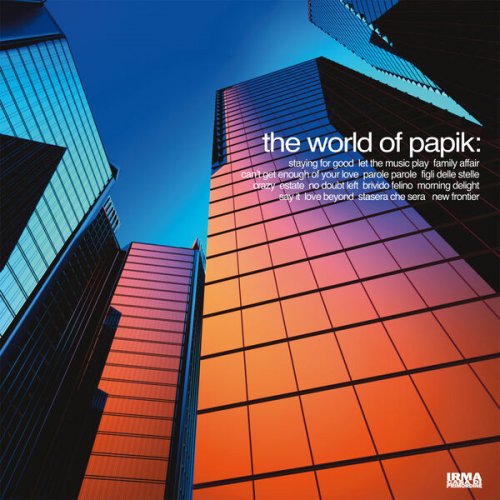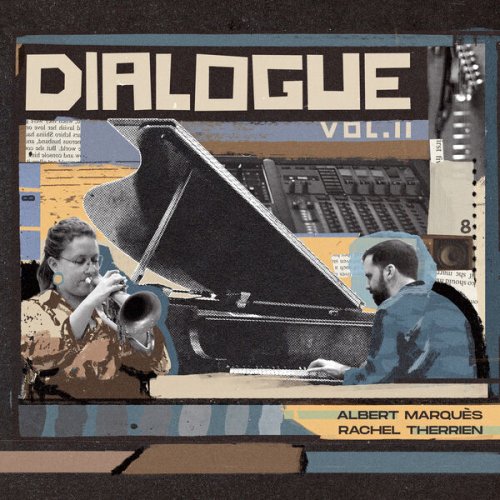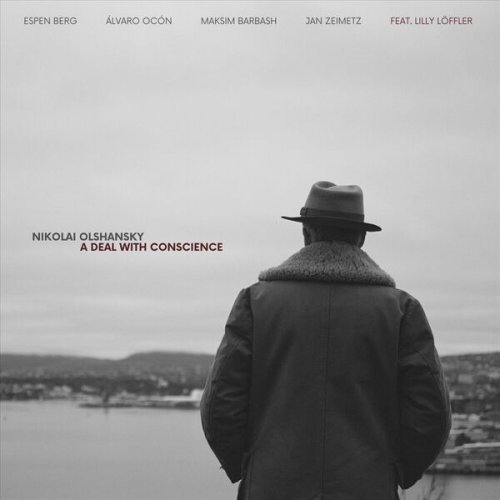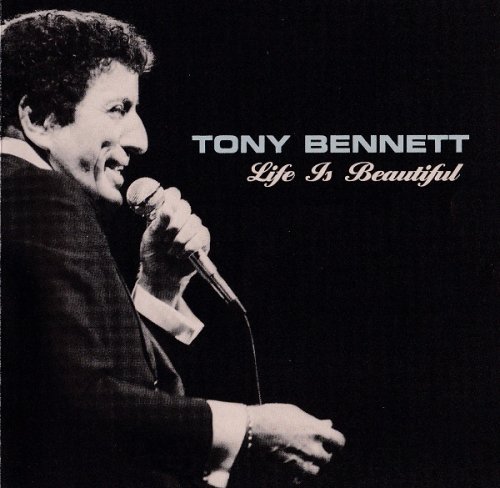Patrizia Ciofi, Anna Bonitatibus, Il Complesso Barocco, Alan Curtis - Scarlatti: Lettere Amorose (2003)
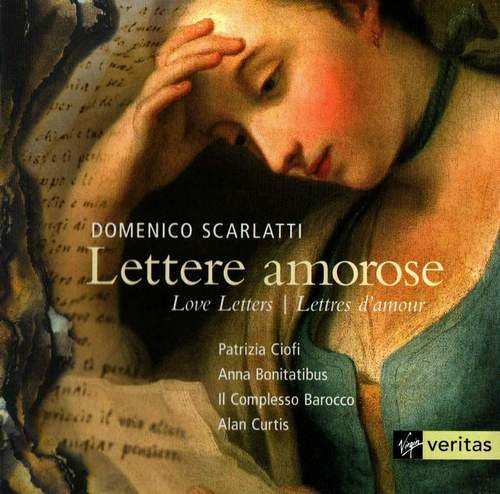
Artist: Patrizia Ciofi, Anna Bonitatibus, Il Complesso Barocco, Alan Curtis
Title: Scarlatti: Lettere Amorose
Year Of Release: 2003
Label: Virgin Veritas
Genre: Classical, Vocal
Quality: FLAC (image+.cue,log,scans)
Total Time: 01:18:52
Total Size: 459 Mb
WebSite: Album Preview
Tracklist: Title: Scarlatti: Lettere Amorose
Year Of Release: 2003
Label: Virgin Veritas
Genre: Classical, Vocal
Quality: FLAC (image+.cue,log,scans)
Total Time: 01:18:52
Total Size: 459 Mb
WebSite: Album Preview
Piangete, Occhi Dolenti
1. Recitativo: Piangete, Occhi Dolenti 1:02
2. Aria: Sono Amante 6:39
3. Recitativo Accompagnato: Lumi, Non Più 1:05
4. Aria: Messaggier Di Questo Foglio 4:56
5. Sonata In A Major, K 208: Andante E Cantabile 3:50
6. Sonata In A Minor, K 532: Allegro 4:12
Tinte A Note Di Sangue
7. Recitativo: Tinte A Note Di Sangue 0:50
8. Aria: Tuo Mi Chiami 5:16
9. Recitativo: Almen, Se D'Altro Amante 0:42
10. Aria: Se Mi Dirai 5:18
11. Sonata In F Minor, K 466: Andante Moderato 6:27
12. Sonata In B Flat Major, K 248: Allegro 2:31
13. Sonata In E Flat Major, K 508: Allegro 5:06
Scritte Con Falso Inganno
14. Recitativo: Scritte Con Falso Inganno 0:47
15. Aria: Che Vuol Dir 3:21
16. Recitativo Accompagnato: Dimmi, Lingua Bugiarda 0:56
17. Aria: Vorresti, Sì, Vorresti 4:23
18. Sonata In D Major, K 511: Allegro 3:03
19. Sonata In D Major, K 492: Presto 4:16
20. Sonata In G Major, K 412: Allegro 3:10
21. Sonata In G Major, K 521: Allegro 4:02
L'Ottavia Restituita Al Trono
22. Duetto: Se L'Alma Non T'Adora 3:11
Tolomeo Et Alessandro
23. Recitativo: Addio, Consorte Amato 1:09
24. Duetto: Empia Man Ci Divide 2:40
Performers:
Patrizia Ciofi (Poppea & Seleuce -soprano-)
Anna Bonitatibus (Nerone & Tolomeo -mezzo-soprano-)
Il Complesso Barocco
Marino Lagomarsino (leader)
Alan Curtis (harpsichord & direction)
Domenico Scarlatti’s chamber cantatas are not entirely unknown to modern ears, but it is a close-run thing. That seems an extraordinary situation for a composer whose keyboard sonatas have so long been part of the furniture, and owes its existence to two old saws: that Scarlatti wrote almost exclusively for the harpsichord once he had left Italy for Portugal and Spain in 1719; and that his vocal works have nothing of the personal imprint of his sonatas. In fact, neither is true, as these two discs show. Both contain rarely-heard cantatas for solo voice, two violins and continuo, which were not only composed in Spain but also throw off such familiar Scarlatti sparks as chirruping repetitions, nagging dissonances, bizarre melodic leaps and mercurial major-minor shifts. To hear them in the light of attachment to texts – and texts with an immediacy that Schubert would have appreciated, by the way – is fascinating.
By contrast, Il Complesso Barocco have built their programme around the fact that the texts of their three cantatas take the form of letters between two warring lovers, and by allocating them to different singers and linking them with harpsichord sonatas they make the whole thing into a sort of cantata-cycle. This is clever, and while it does not quite come off as a concept (too many sonatas for that!), the resulting mix of genres is certainly attractive.
By contrast, Il Complesso Barocco have built their programme around the fact that the texts of their three cantatas take the form of letters between two warring lovers, and by allocating them to different singers and linking them with harpsichord sonatas they make the whole thing into a sort of cantata-cycle. This is clever, and while it does not quite come off as a concept (too many sonatas for that!), the resulting mix of genres is certainly attractive.
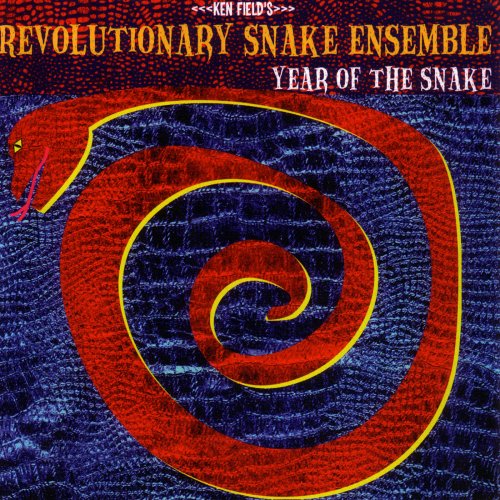
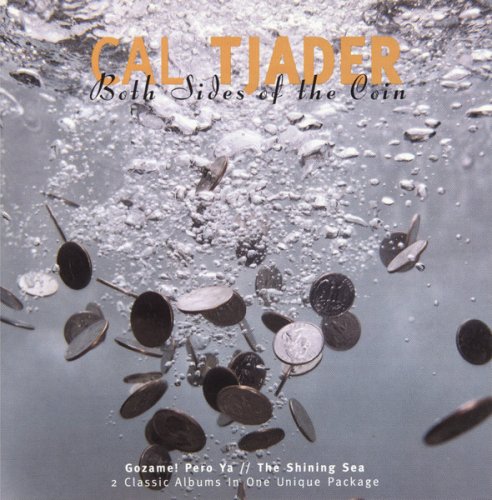
![Andrei Nikolsky - Music For Terminals (2025) [Hi-Res] Andrei Nikolsky - Music For Terminals (2025) [Hi-Res]](https://img.israbox.com/img/2026-01/30/olcqtmnwvigot5ysnst3sj5ta.jpg)
